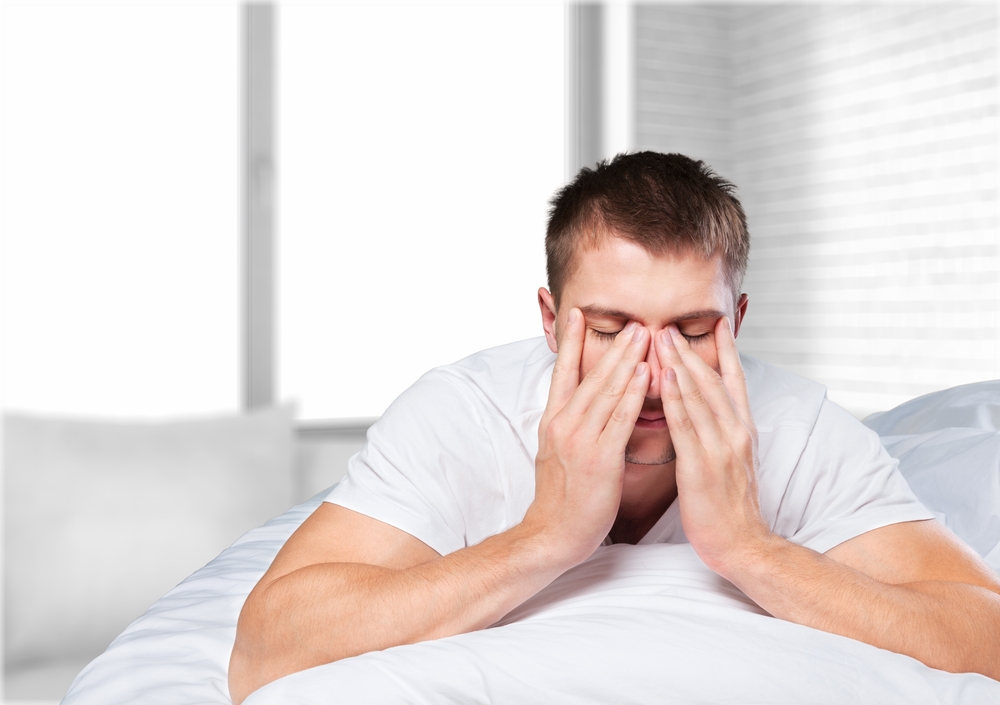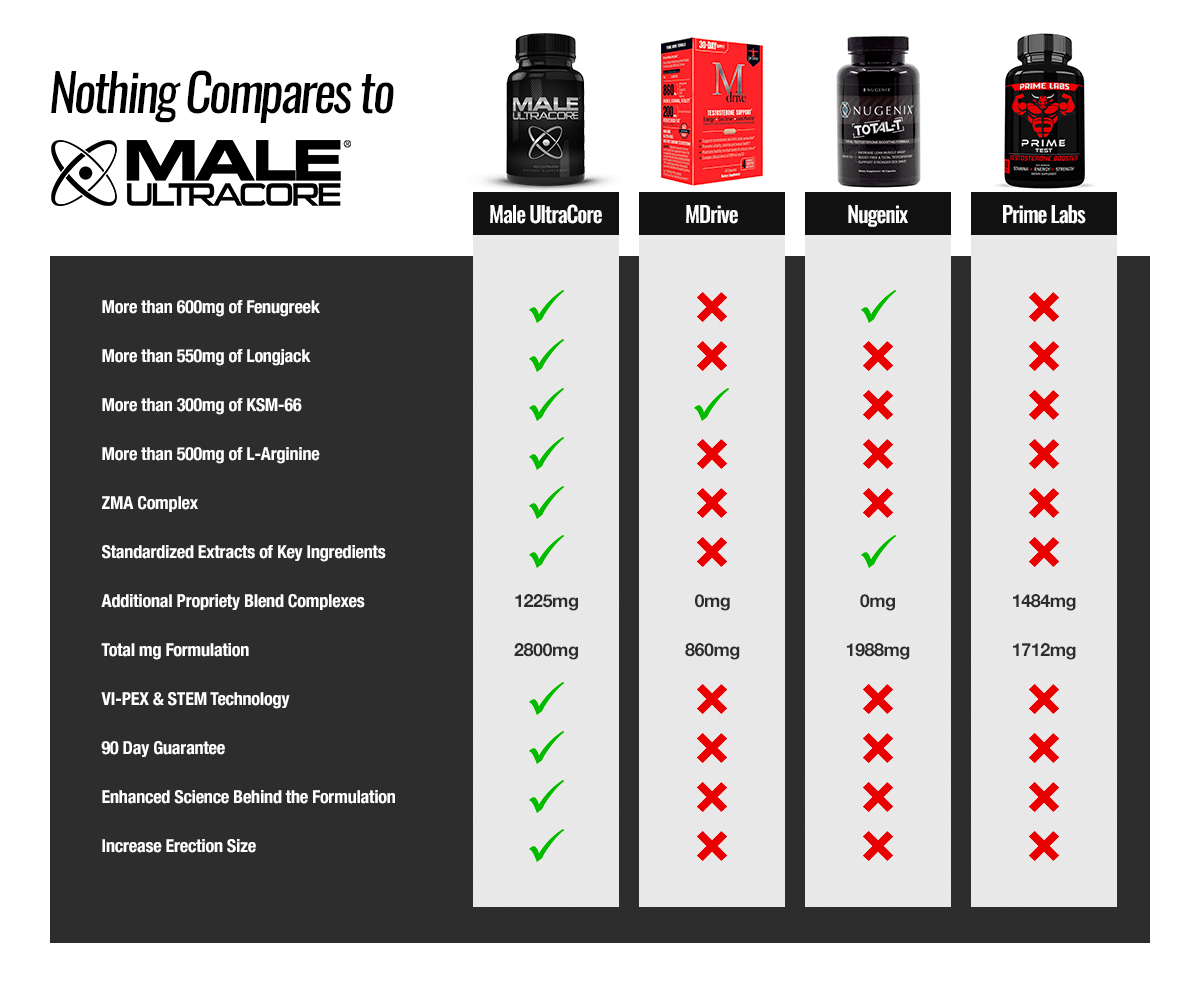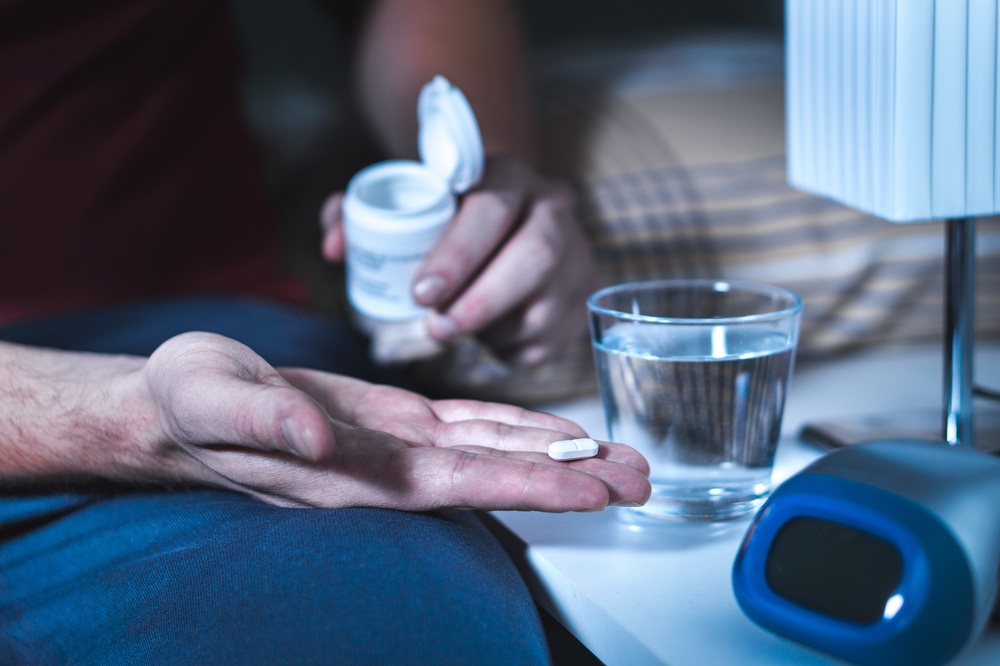More than 20 million Americans take beta-blockers, such as bisoprolol. Bisoprolol is used to treat various cardiovascular problems, hypertension, anxiety, and many more. And one of the most common causes of sleeping problems is beta-blockers, such as bisoprolol. This is mainly due to the suppression of melatonin production during night-time. In this article, we will understand why bisoprolol can cause sleep problems.
What is Bisoprolol?
Bisoprolol is a kind of beta-blocker that can aid in treating hypertension. It helps lower blood pressure, thereby preventing heart attacks, strokes, and kidney problems. This drug works by blocking the epinephrine on the blood vessels and the heart. In turn, this lowers blood pressure, heart rate, and heart strain. Despite its health benefits, it also comes with adverse side-effects, such as insomnia.
Why Bisoprolol Cause Sleep Problems
Melatonin
Beta-blockers, such as bisoprolol, are reported to cause sleep disturbances, such that some users experience nightmares, and others tend to wake up at night. Experts mainly point this problem to melatonin. Melatonin is a hormone that regulates sleep. Since beta-blockers inhibit the production of melatonin, it results in lower levels of melatonin at night.
That is the reason why a dose of melatonin ranging from 500 mcg to 5 mg a day is sometimes prescribed to beta-blocker users who experience symptoms of insomnia. Besides, a study shows that people who take beta-blockers who also have melatonin supplementation have a better and longer sleep.
CoQ10

Beta-blockers such as bisoprolol may impede the natural pathway of CoQ10. CoQ10 is a naturally occurring antioxidant that helps in preventing your cells from being damaged. Low levels of CoQ10 are usually observed in patients who have hypertension. If this happens, then you will most likely experience a decreased energy level.
Sometimes, you may think that being tired can make you fall asleep quickly. But tiredness is also linked to lack of sleep. That is the reason why some people who are found to have low levels of CoQ10 are also recommended to take a dose of CoQ10 ranges from 100 to 200 mg a day.
Here are the five most common side effects of bisoprolol and how they are related to sleep:
Fatigue
Taking bisoprolol may result in fatigue. A study has shown that 80 percent of patients who have chronic fatigue experience pain. Due to the pain, chronic fatigue and sleep are linked together. If you experience pain, you will most likely find it hard to fall asleep or maintain being asleep. On the other hand, lack of sleep can make you become more sensitive to pain. Indeed, bisoprolol can cause sleep problems because it might make you become fatigued.
Anxiety
Beta-blockers are said to treat symptoms of anxiety. However, one of the side effects of this drug is also anxiety. Anxiety can disrupt your sleep. That is the reason why taking bisoprolol can cause sleep problems. On the other hand, lack of sleep also affects your mood, which sometimes leads to depression. If this happens, then you will most likely find it hard to get a night of better sleep.
Headaches
Headaches may be relieved by sleep. But there are instances when headaches make it hard for you to fell asleep. Studies show that cluster headache attacks usually happen during sleep. If that happens, then your sleep will most likely be disturbed. Taking bisoprolol can trigger a headache, which can affect your sleep.
Swelling
There are cases when taking bisoprolol causes your body to swell. Swelling can affect not only your sleep, but also your physiological functions such as mood, cognition, fatigue, and performance. And these factors can cause sleep problems.
Flu or cold
It’s hard to sleep when you have symptoms of flu or cold. That is the reason why, instead of feeling better, your situation becomes worse. Taking beta-blockers might lead you to have flu or cold. If that happens, chances are you will experience sleep disturbances.
How to Avoid Sleep Problems While Taking Bisoprolol

Poor sleep can lead to various health problems such as hypertension, strokes, heart attacks, depression, obesity, diabetes, and anxiety. It can even lead to a weakened immune system, decreased brain function, memory loss, psychiatric disorders, and lower fertility rates. That is the reason why if you experience sleep problems when taking bisoprolol, you need to seek immediate help from your doctor.
This problem might reverse the benefits of bisoprolol. If you don’t want that to happen, then observe if your sleep problems are really due to the medicine you are taking. You can seek an alternative medication with the help of your health care provider. Or maybe, your doctor will suggest a different treatment or reduce the dosage of your bisoprolol.
Despite this problem, you should not immediately stop taking bisoprolol as it may have adverse effects on your entire well-being. Ask the appropriate advice from your doctor. If you want to have a night of better sleep, you should also consider making changes in your lifestyle. Try to have a regular exercise and proper diet. Avoid caffeine and alcohol consumption as these can trigger symptoms of insomnia. You should also quit smoking and avoid stress.
Conclusion
Bisoprolol is a beta-blocker that can cause sleep problems. Just like any other beta-blockers, bisoprolol can affect not only your melatonin production but also your CoQ10. Low levels of melatonin can lead to trouble sleeping, the same with low levels of CoQ10. Other common side-effects of bisoprolol include fatigue, anxiety, headache, swelling, and flu or cold. These factors can also contribute to sleep problems.
Increase Your Testosterone Levels with Testosterone Boosters
Male UltraCore is a premium testosterone boosting supplement that is designed to maximize test levels, increase your performance and drive, and give you harder and fuller erections. 





